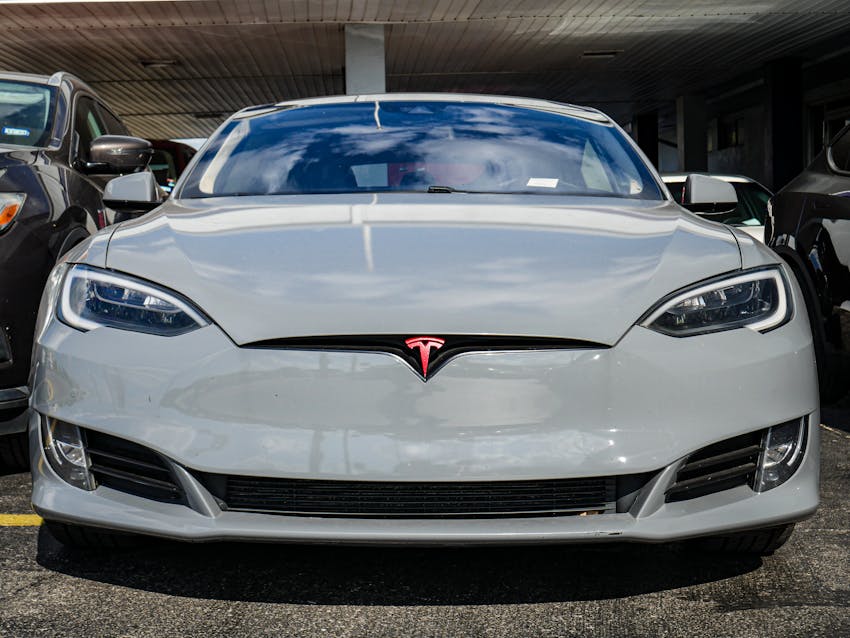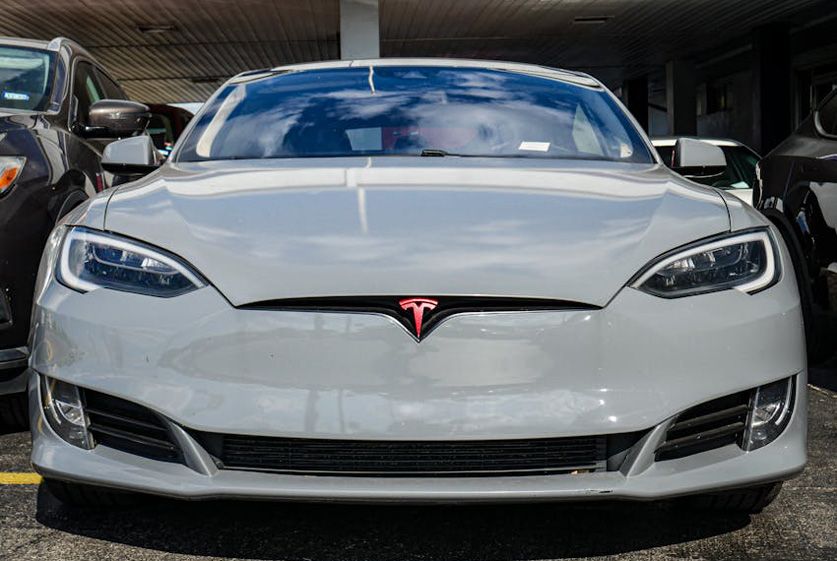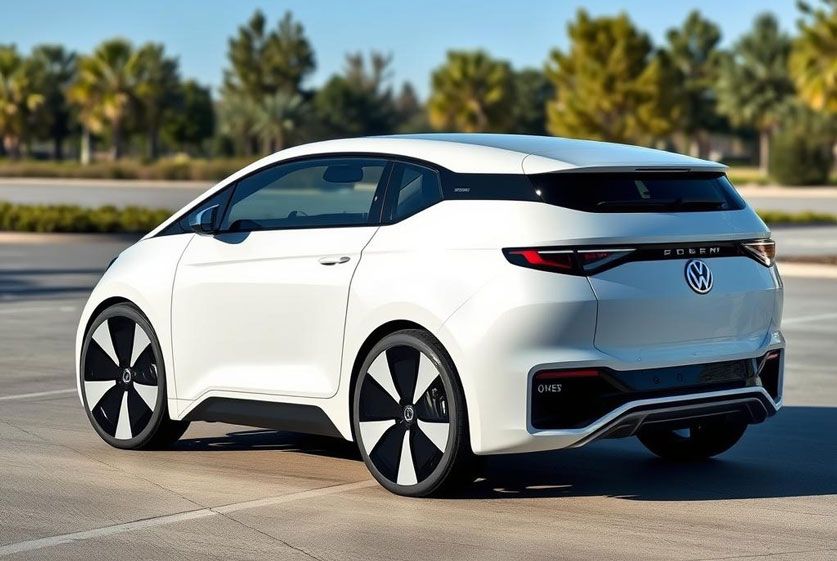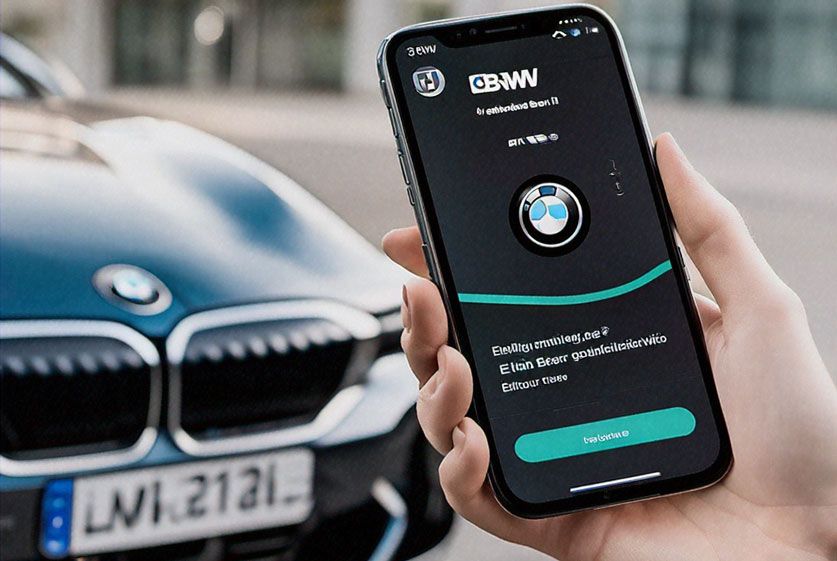
The National Highway Traffic Safety Administration (NHTSA), the US agency overseeing road safety, has initiated an investigation into Tesla's self-driving systems, marking a significant move toward addressing potential risks associated with the technology. The evaluation includes 2.4 million Tesla models manufactured from 2016 to 2024, raising serious questions about the safety of Tesla's self-driving capabilities in varying conditions.
The NHTSA's inquiry is in response to four crashes involving Tesla's "Full Self-Driving" (FSD) software, where conditions such as fog or glare significantly reduced roadway visibility. Among these incidents, one involved a fatal pedestrian accident, while another left an individual injured. The goal of the probe is to assess whether Tesla's FSD can effectively identify and respond to low-visibility situations and to investigate if similar incidents have occurred under comparable conditions.
In its preliminary notice, the NHTSA clarified that despite the name "full self-driving," Tesla's FSD system is classified as "partial driving automation," a distinction crucial for consumer awareness. The agency's investigation could eventually lead to a recall of affected Tesla vehicles if safety issues are substantiated.
The announcement coincides with Tesla CEO Elon Musk's recent unveiling of the Cybercab, a fully autonomous robotaxi designed without pedals or a steering wheel, expected to hit the market by 2027. However, the Cybercab launch has met with skepticism from some analysts and investors, leading to an 8% drop in Tesla's stock since the event.
Tesla's approach to self-driving differs from competitors like Waymo, which uses high-tech sensors such as Lidar and radar. Instead, Tesla's autonomous technology largely relies on camera-based systems paired with AI. This method, while cost-effective, has drawn criticism due to concerns that it may compromise reliability in challenging driving environments.
As the investigation progresses, the outcome could have significant implications for both Tesla and the broader development of self-driving technology.


